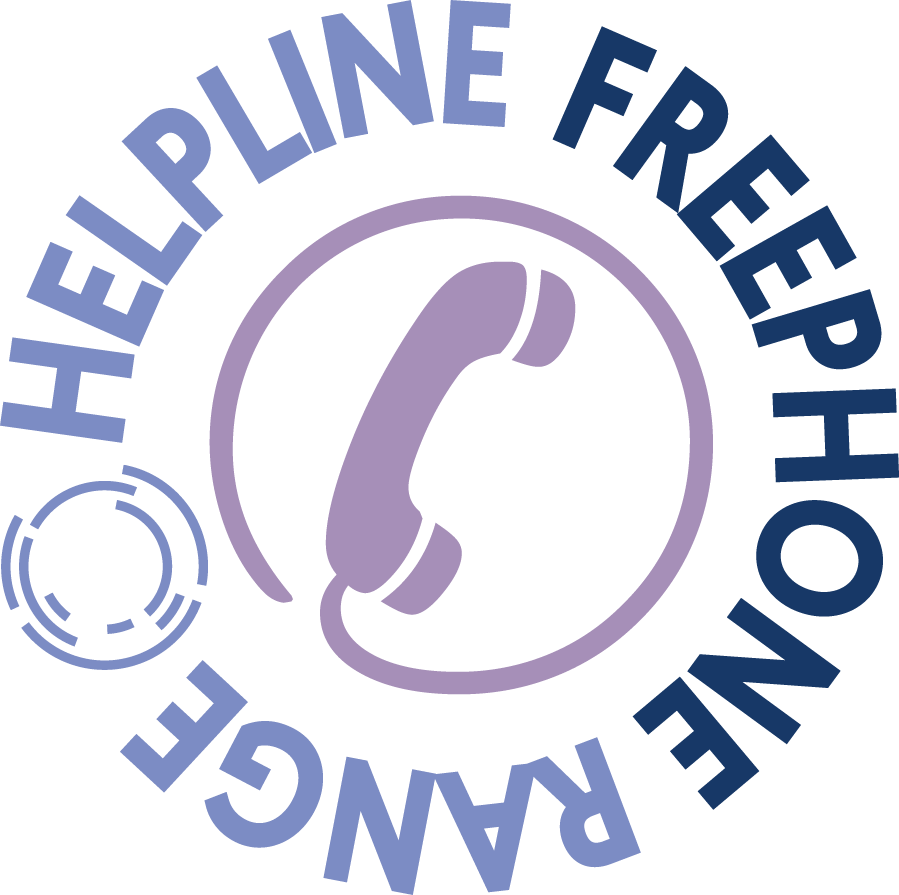
Sally Hogg is an experienced charity sector leader, passionate about families’ well-being, child development and social justice. With a career spanning roles at the Maternal Mental Health Alliance, NSPCC and Children’s Policy in Westminster, Sally brings a wealth of policy and campaigning experience to her role as a Trustee for The Lullaby Trust. Here, she gives her thoughts on where there are gaps in infant policy and what can be done to address them.
What do you do in your day-to-day job?
“I am a Senior Policy Fellow at the University of Cambridge. I work with researchers who specialise in early childhood development. My job involves making sure the knowledge generated by their work informs policy. I work with policy makers in the UK Government, devolved nations and local authorities to mobile research evidence to help improve babies’ and children’s lives in the UK.”
In your opinion, where are the gaps currently in support for families during pregnancy and early childhood?
“Many of the professionals and services who work with families during this period are too stretched to provide the high-quality support they want to offer. In particular, I worry that midwives and health visitors don’t have the time or opportunities to build meaningful relationships and trust with families, which we know is so important for families’ experiences and outcomes.
“Since the pandemic, I think we’ve also lost a lot of informal support networks, like parent and baby groups that run in church and village halls. These groups were so vital in providing safe, comfortable places for parents and babies to play, make new friends and build networks of informal support in their communities.”
Do you think there is still a ‘baby blind spot’ in policy and if so, why?
“Yes, babies’ unique needs and experiences are often overlooked by policy-makers who tend to focus on older children and young people who are more visible and vocal. Much of children’s policy is in the Department for Education, but – as the name suggests – the main focus of that Department is our education system. It isn’t set up to think about all children’s needs, from birth.
“Babies’ do not get state funded education, and they are not just little versions of school pupils. We need decision makers who understand babies’ specific needs and keep these in mind when making policy.”
What do you think should be the focus for the new government to improve infant health in the UK?
“I’d like to see a Minister with clear responsibility for babies’ health, and cross-Government work to address the different drivers of health for all babies, children and young people. There needs to be continued focus on improving maternity services, including action to address the crisis in midwife recruitment and retention.
“I believe Health Visitors play a critical role in babies’ health, so I’d like to see the Government deliver on their commitment to improve health visitor recruitment. At the moment there is huge variation in the quality and quantity of support that families receive from health visitors, and I’d like to see the Government do more to hold local authorities to account for the service they provide to ensure every baby has good support.”
How can charities and the general public influence the development of children’s policy?
“Charities and the public can share evidence and stories that bring to life what life is really like for babies and children in the UK, and the strengths and gaps in services. This is important in raising awareness of issues for the media and for politicians. Charities who support families directly can be really powerful advocates, because they have the credibility of knowing what life is like for many families. Our most vulnerable babies and young children can’t speak up for themselves, so they need others to do it.
“I believe charity campaigning is a really important part of the portfolio of work charities should do to achieve their goals. Charities shouldn’t just be dealing with the consequences of poverty or ill health, they should also be working to change the conditions in which children and families live. We are lucky to live in a democracy where MPs are generally very attuned to the priorities of their constituents – so we need people to be making a noise for babies.”
And finally… What’s one thing you wish you’d known as a new parent?
“I actually think I knew too much – I had a Masters in early child development and I led NSPCC’s services for pregnant and new parents when my eldest son was born. I over-thought everything and felt a lot of guilt. I wish I’d had the confidence to relax, enjoy my baby and trust my intuitions as a new parent. Working in research, we can focus a lot on what is “best” for children, but as a parent you often have to get used to things being “good enough” because it’s not possible to be at your best all the time, and it’s not healthy to try!”

